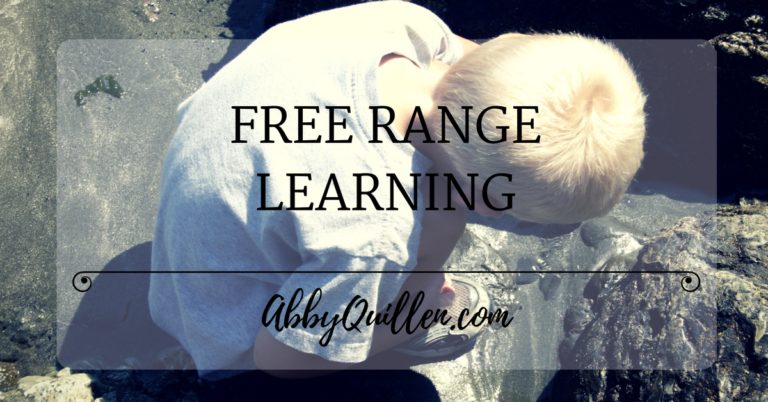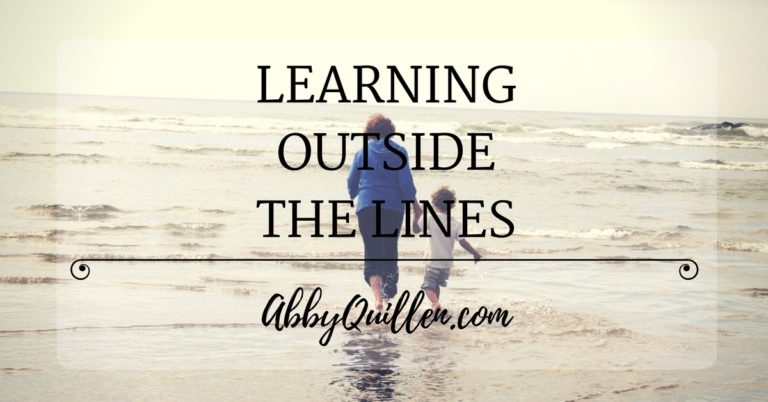Free Range Learning
It’s the perfect time for me to read Free Range Learning: How Homeschooling Changes Everything, which author Laura Grace Weldon sent me for review consideration. My husband Aaron and I spent much of February visiting schools because our five-year-old son Ezra will be eligible to attend kindergarten next year. Although we’re planning to enroll our…

